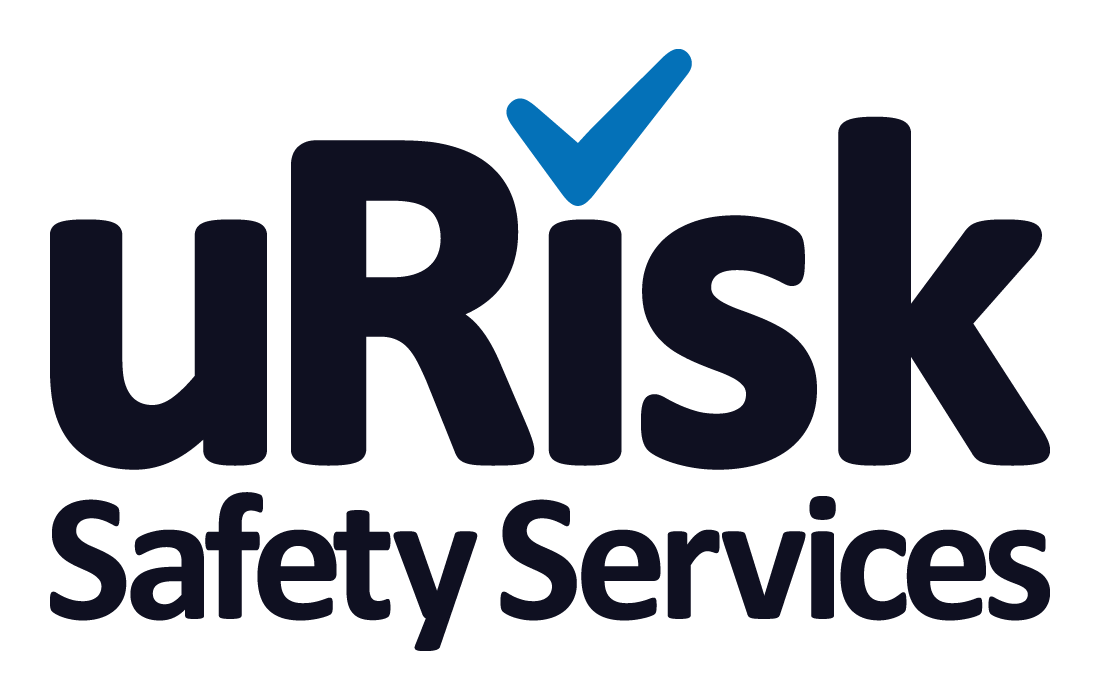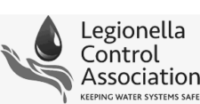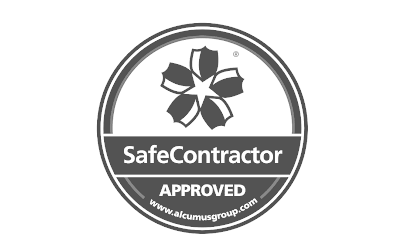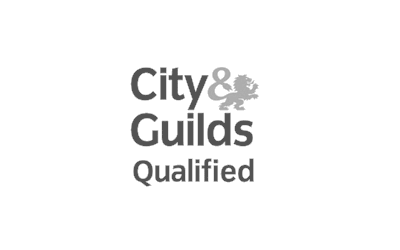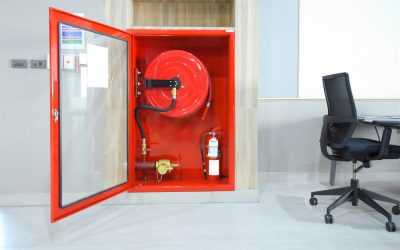Hidden Dangers in Garden Centres
Garden centres may cater to the joy of gardening, but there are hidden dangers in garden centres that owners and staff need to be aware of. One of the most important is the legionella bacteria which, if inhaled, can develop into the potentially fatal Legionnaires’ disease.
To understand where the hidden dangers of Legionnaires’ disease may be, it’s necessary to know how it is transmitted.
Legionella Bacteria
A person could develop Legionnaires’ disease if they accidentally inhale legionella bacteria. Legionella is a waterborne bacterium that can enter the lungs through aerosol droplets of water, such as the spray from hoses and watering cans, as well as from the condensation that can accumulate inside bags of compost.
The bacterium thrives in stagnant water that’s between 20oC and 50oC. Stagnant water is more likely to contain nutrients that the bacteria thrive on, including sediment, biofilm, algae, scale, rust and other material. This means there is an increased danger from the bacteria in gardens and garden centres in the warmer months. It can develop in water butts and water that’s accumulated in little-used hose pipes and sprinklers, especially if they have been left out in the sun.
It is therefore important to ensure that hoses and sprinklers are emptied after use, kept in the shade and cooler areas when not in use, and used every few days to ensure they are regularly flushed with clean water to prevent stagnation.
Compost
Bags of compost pose a particular danger to gardeners. After a series of outbreaks of Legionnaires’ disease in Scotland between 2008 and 2013, scientists did tests on shop-bought compost and found “15 of 24 composts tested positive for Legionella species, a higher level of contamination than previously seen in Europe”.
Such incidents are usually confined to warmer climates such as New Zealand, but with the rise in temperatures in the UK, it is clearly a concern. It is therefore advisable to wear a mask and turn your face away when opening compost bags to prevent inhalation of water droplets.
Hot Tubs
Many larger garden centres sell hot tubs and spa pools, which can also be a cause for concern, especially as the water is heated to between 30°C and 40°C – the perfect temperature for legionella bacteria as well as humans! The bubbles produced by the air jets produce aerosol droplets that could be easily inhaled by garden centre customers standing close by.
When they’re in use by people, hot tubs and spas pools are required by the Health and Safety Executive to be chemically treated and cleaned. However, the danger with showroom pools is that the safety measures may not be so rigorous. Back in 1999, 21 people died and 163 were hospitalised during a Legionnaires’ disease outbreak that was traced back to an untreated hot tub on show at a flower festival in the Netherlands. The hose used to fill the hot tub with water had not been used in a while, and as no one would be using the hot tub, chlorine wasn’t added. The water was heated to 37oC, which provided a perfect storm for the legionella bacteria, and the contaminated mist produced by the agitation of the water then affected passers-by. This incident was one of the world’s largest recorded outbreaks.
Closer to home, in Stoke-on-Trent in 2012, three men died after contracting Legionnaires’ disease from a garden centre hot tub. They inhaled legionella after passing a contaminated hot tub on display, and the outbreak caused a number of people to seek hospital treatment.
Legionella Risk Assessment And Testing For Garden Centres
If you are concerned about legionella in your garden centre, contact us to arrange a legionella risk assessment or water testing and analysis.
Legionella and Water Hygiene Blog Posts
Office Fire Risk Assessment
As you would expect, keeping your office safe from the risk of fire is a legal requirement under the Regulatory Reform (Fire Safety) Order 2005. If you are the owner or manager of a business, or landlord of an office building, it is your responsibility to ensure your...
Fire Risk Assessment For Flats
Your legal requirements as a landlord include taking precautions to keep your tenants safe, including when it comes to the risk of fire in flats. As part of the fire safety regulations, fire risk assessments for flats is therefore part of your legal obligation to...
Getting A Risk Assessment For Fire in the UK
As an employer, landlord or facilities manager, it is your legal responsibility to keep everyone who uses your premises safe. A fire risk assessment is an important part of this because it identifies what might cause a fire so you can take steps to prevent one, as...
